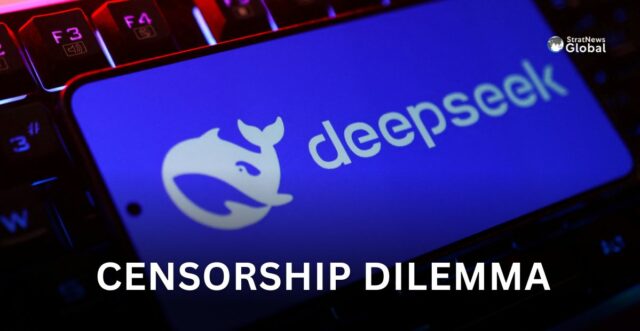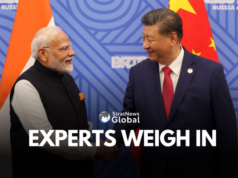After the shake, rattle and roar of less than a week ago, DeepSeek AI appears to have gone into hibernation mode, probably because of the Chinese New Year. Time then to look at how successful it can really be? What obstacles will it face particularly when compared to its Western counterparts?
Sudden Rise to Fame—But at What Cost?
Reports suggest the US government is investigating whether DeepSeek has used restricted AI chips. There are reports the DeepSeek lab may have used 50,000 top-tier Nvidia H100 GPUs, either accumulated beforehand or sourced on the global black market.Therefore the long-term viability question.
Censorship Dilemma
AI models thrive on large, diverse datasets, but in China, state censorship limits access to politically sensitive topics. This is unlike OpenAI’s ChatGPT that while it operates with some moderation, still engages with politically sensitive topics, controversial historical events, and global perspectives.
When asked about the Tiananmen Square Massacre, human rights abuse in Xinjiang and Tibet, issues of Taiwan and even criticism of the Chinese Communist Party, DeepSeek failed to deliver the required results.
AI breakthroughs often require an open and unfiltered flow of information. If DeepSeek is constrained by censorship, it risks lagging behind in cutting-edge knowledge generation. The Chinese AI sector has produced groundbreaking models in areas such as facial recognition and smart surveillance, but when it comes to generative AI, innovation requires a level of intellectual openness that conflicts with state-imposed limitations.
Trust and Security Concerns
Another major challenge is trust. While ChatGPT has faced criticism regarding biases and misinformation, it is not seen as a tool of state propaganda. DeepSeek, however, will inevitably be seen as under the influence of the Chinese government, which could severely limit its adoption outside China.
Since its launch, DeepSeek has been in the spotlight due to its affordability, frequent comparisons with leading AI models, and concerns over cybersecurity. As it rapidly climbed the download charts outside China, reports of potential security risks have made many users hesitant to log in, fearing data privacy vulnerabilities and cyber threats.
Its affordability and rapid development suggest it could be a major player in AI, but with regulatory scrutiny, geopolitical tensions, and censorship constraints, its global influence remains uncertain.
For now, DeepSeek continues to make headlines, but the real test lies ahead. Can it truly compete on the global stage, or will it remain confined within China’s walled-off AI ecosystem? We will have to wait and see.





